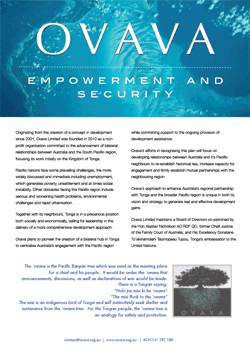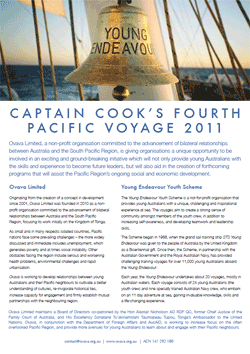Ovava Limited: advancing of bilateral relationships between Australia and the South Pacific region
Ovava Limited: advancing of bilateral relationships between Australia and the South Pacific region
Originating from the creation of a concept in development since 2001, Ovava Limited was founded in 2010 as a non-profit organisation committed to the advancement of bilateral relationships between Australia and the South Pacific region, focusing its work initially on the Kingdom of Tonga. Ovava is supported by the Hon. Alastair Nicholson AO RFD QC chair of Childrens Rights International and Patron of Ovava.
|
|
click here for the
|
Legal Aid of Cambodia’s (LAC) juvenile justice project in the Battambang region
Legal Aid of Cambodia’s (LAC) juvenile justice project in the Battambang region
Justice for Children - Legal Aid Cambodia, See http://youtu.be/m-JvQFsmI9w.
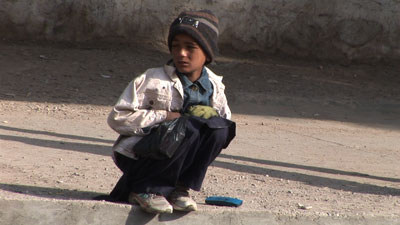
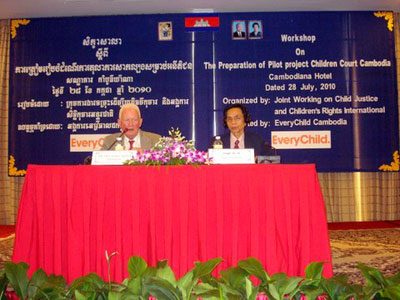 Summary of the Proposal by Children’s Rights International to assist in the setting up of a Child Friendly Court in Cambodia
Summary of the Proposal by Children’s Rights International to assist in the setting up of a Child Friendly Court in Cambodia
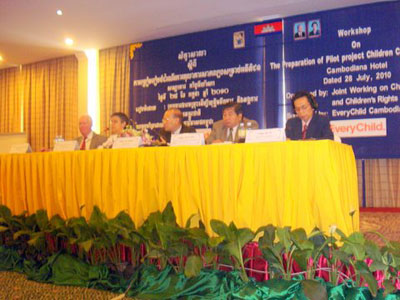 CRI has paid particular attention the area of child justice and has worked closely with Legal Aid Cambodia (LAC) following initial contact made at the Fourth World Congress on Family Law and Children’s Rights held at Cape Town, South Africa in 2004.
CRI has paid particular attention the area of child justice and has worked closely with Legal Aid Cambodia (LAC) following initial contact made at the Fourth World Congress on Family Law and Children’s Rights held at Cape Town, South Africa in 2004.In 2010, the Hon Alastair Nicholson made two visits to Cambodia in connection with the present project and in July 2010, co-chaired a seminar with HE Ith Rady in Phnomh Penh to examine the possibility of setting up a Children’s Court in Cambodia. That seminar was co-sponsored by Legal Aid Cambodia and Every Child Cambodia and was attended by a wide range of persons including judges and court officials, Cambodian Government representatives, police and representatives of NGO’s. The seminar was opened by the Cambodian Minister for Justice HE Ang Vongvathana and the then Australian Ambassador to Cambodia, HE Margaret Adamson.
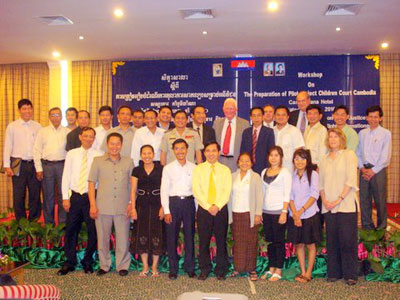 That working party has now recommended that the existing court in Battambang be set up as a child friendly court. Because the Juvenile Justice Law has yet to come into effect, the Court will have to apply existing criminal law but will work to do so in a child friendly manner.
That working party has now recommended that the existing court in Battambang be set up as a child friendly court. Because the Juvenile Justice Law has yet to come into effect, the Court will have to apply existing criminal law but will work to do so in a child friendly manner.Objects of the Project
• The promotion of observance and implementation of international human rights standards by all those involved.
• The promotion and strengthening of the Cambodian legal system in order to assist it to comply with the requirements of the UN Convention on the Rights of the Child and national or regional human rights institutions or mechanisms.
• The promotion and development of good diversionary programmes for juvenile offenders or young people at risk of becoming offenders.
• The development of child correction facilities that comply with human rights norms and provide children in detention with full opportunities to continue their education and participate in rehabilitative programs.
• The development of guidelines for all relevant parties as to what is required to achieve a child friendly court
• Reduction in juvenile crime and enhancing community safety.
The Term of the Project
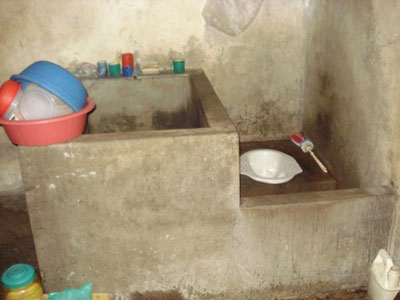 It should be stressed that this project is confined to the setting up of the court and the training of relevant staff in Battambang as a child friendly court. If the project is successful, it will provide an invaluable guide to further and larger projects associated with the setting up of courts and corrections institutions and allied services such as police and social services personnel associated with the introduction of the Juvenile Justice Law when it comes into effect.
It should be stressed that this project is confined to the setting up of the court and the training of relevant staff in Battambang as a child friendly court. If the project is successful, it will provide an invaluable guide to further and larger projects associated with the setting up of courts and corrections institutions and allied services such as police and social services personnel associated with the introduction of the Juvenile Justice Law when it comes into effect.Funding of the Project
The Parties to the Project
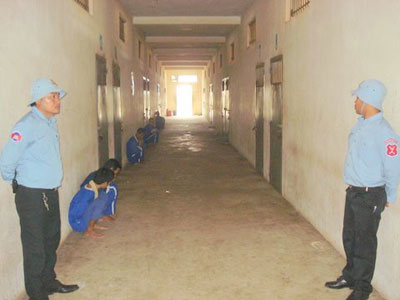 The Role of CRI
The Role of CRI
• Arrange expert training for selected Cambodian personnel in Australia or at other suitable locations overseas, including arranging travel and accommodation and where necessary, interpreter services;
• Provide experienced consultants to visit Cambodia to conduct seminars and train Cambodian personnel in child friendly court practices (NB Consultants will normally be paid only of the cost of travel and reasonable expenses but will otherwise donate their services);
• Arrange to provide design and support for case management and data collection.
• Arrange travel and accommodation for these purposes.
The Role of LAC
• Assist in the development of training appropriate to Cambodian conditions and culture.
• Arrange and assist in the co –ordination of visits by overseas experts including appropriate briefings to these experts as to Cambodian law and culture and the provision of interpreter services where necessary;
• Assist with the provision of office accommodation and clerical assistance to CRI (at CRI’s expense).
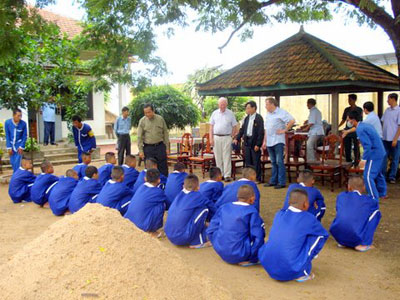 Governance and Monitoring
Governance and Monitoring
2. The Committee will meet at least three months prior to the commencement of the project and thereafter at no more than three monthly intervals until the project is completed and evaluated.
3. The Committee will have the overall responsibility in conjunction with the Government and NGO Working Group for the development and monitoring of the project and the development of guidelines appropriate to the achievement of a child friendly court.
4. The Committee will receive regular reports at each meeting from the implementation Committee as to the progress of the project measured against its objects and will assess whether the project is on track and what if anything needs to be done to improve its performance.
Implementation
• Tracking the project against targets set by the steering committee.
• Keeping the project within budget.
• Develop and arrange training programs consistent with objectives.
• Assessing and maintaining the quality of training provided.
• Preparing and delivering timely reports to the Steering Committee.
Financial management, banking etc
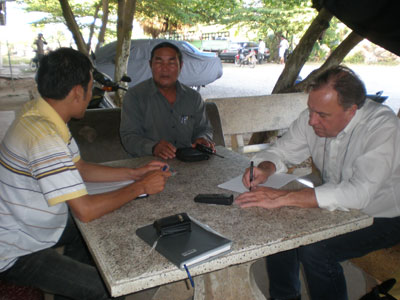 Evaluation
Evaluation
• Examining the strategy of the project and its success or otherwise.
• Evaluating the likely success of similar projects in the future and the implications for the stakeholders
A visit to Herat Afghanistan
A visit to Herat Afghanistan
By Bill Jackson
Afghanistan is described as the most dangerous country in the world and there are good reasons for this. War has been the constant companion of its people for three decades and the situation is unlikely to improve once the Western powers withdraw, as they are likely to start doing as early as next year. As I write the Taliban, and various tribal warlords who wield considerable power, are resurgent and struggling for authority. Their previous treatment of women and children gives no cause for optimism.
Voice of Women Afghanistan See http://youtu.be/pgGjSRGWjpc
Children's Rights International in Cambodia and Vietnam
Children's Rights International in Cambodia and Vietnam
Children’s Rights International has been working on the ground in Cambodia with its partner Legal Aid Cambodia (LAC) since 2005. CRI’s current priority, after extensive consultation, is to help establish a Child Friendly Court system in Cambodia. Since that time, with the support of the Cambodian Ministry of Justice, the Child Justice Working Group, the NGO Working Group on Child Justice, the Australian Embassy, AusAID, and UNICEF, considerable progress has been made.
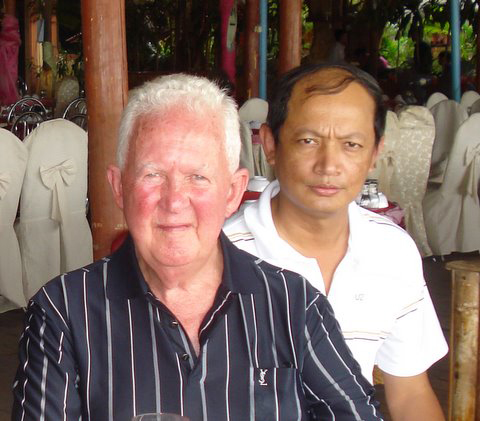
This partnership will shortly commence to roll out training programmes in Australia and later in Battambang, Siem Reap and Phnom Penh to assist Cambodian judges, prosecutors, police, prison officers, social workers and allied professionals in bringing to Cambodian children, in conflict with the law, their rights as detailed in the United Nations Convention on the Rights of the Child to which Cambodia is a signatory. A Child Friendly Court is the aim. To establish this Court in 3 key provinces is currently seen as a 3-year project. With successful outcomes and additional funding the project could be expanded to other provinces and hopefully to include the whole of Cambodia.
Read more: Children's Rights International in Cambodia and Vietnam
CRI's Man in Phnom Penh
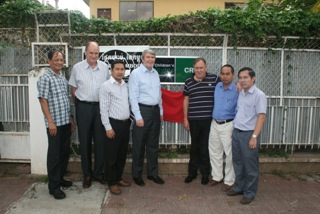 |
|
Touch Chiva (LAC), Denzil Sprague (CRI), Kimleng |
CRI's Man in Phnom Penh
By Margaret Harrison, CRI Board Member
CRI now has a country representative in Phnom Penh to assist us in a voluntary capacity with the many and varied administrative tasks associated with the conduct of our Cambodian juvenile justice project. Denzil Sprague is an Australian business man and long term resident of Phnom Penh, whose interest in the education and welfare of young Cambodians has already benefitted many primary school children in the district of Pouk Ressey and who has become an invaluable part of the CRI team, as a liaison person in our dealings with banks and other non-government and government organizations in Cambodia. He is a former farmer, pilot, arts/law graduate and brick factory proprietor, who in the past 4 years has assumed responsibility for the building of a school and the welfare and educational advancement of its 800 students. Many more young Cambodians have already completed their primary schooling as a result of his endeavours.
